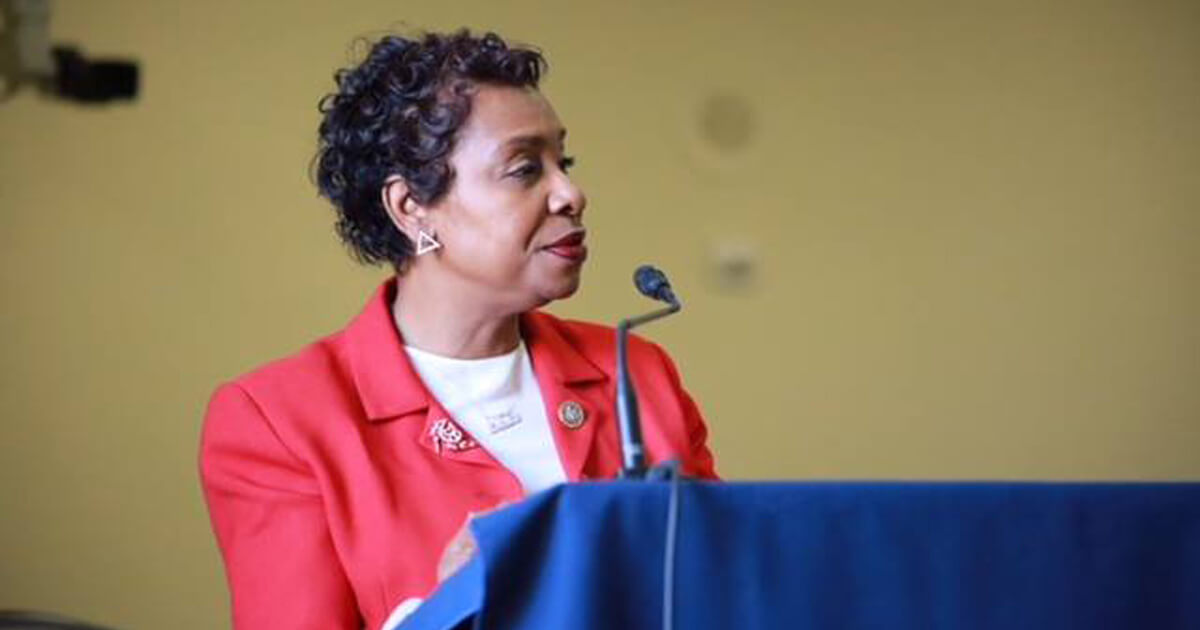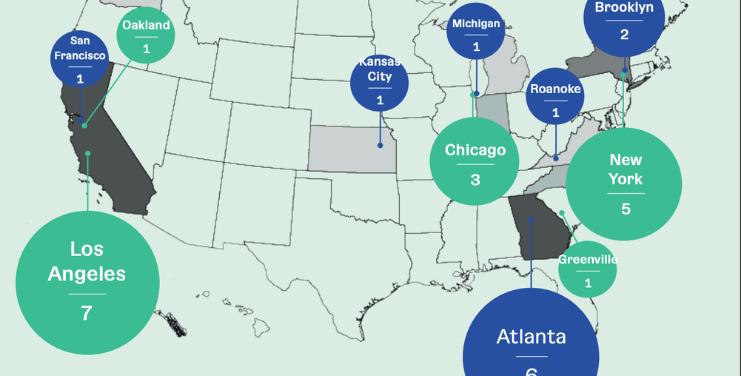Fighting Algorithmic Oppression (Part 2)
Biometric technology certainly makes a splash in the headlines, but the fuel that powers most of its applications, algorithms and artificial intelligence is also increasingly falling into the crosshairs of Black lawmakers and law enforcers. The first thing we see when we fire up Twitter or YouTube as well as, perhaps more gravely, bank loan applications, criminal sentencing, and even the kind of hospital care patients receive is guided by algorithmic decision-making. And those decisions, as evidenced in part by HUD’s lawsuit against Facebook for allowing property managers to use its platform to discriminate against certain ethnicities, often result in deleterious effects for marginalized communities. I ask [people], ‘Do you want to be rich? Do you want to be happy? Do you want to be free?’ If you answer in the affirmative, then algorithms are making decisions over all of those three aspects of your life, says Mutale Nkonde, an AI policy advisor and fellow at Harvard’s Berkman Klein Center for Internet & Society.
Imagine having a high credit history, living in a Black neighborhood, and still being denied a bank loan or being given a higher rate because the aggregate credit score where you live is subpar, she says. It’s those types of decisions [that make me] think that Black people should really be involved.Nkonde believes the Algorithmic Accountability Act, introduced by Senators Cory Booker and Ron Wyden in April, is a step in the right direction. (Nkonde worked with Rep. Clarke to introduce its House counterpart.) The bill would require large companies those who rake in $50 million or more per year and store information on at least 1 million consumers or devices to audit algorithms for bias before they’re released into the wild. The discrimination that my family faced in 1969 can be significantly harder to detect in 2019: houses that you never know are for sale, job opportunities that never present themselves, and financing that you never become aware of all due to biased algorithms,” Booker said in a statement announcing the proposed legislation. “This bill requires companies to regularly evaluate their tools for accuracy, fairness, bias, and discrimination.
Of course, passage of the bill is contingent on Sen. Mitch McConnell allowing it to the floor for a vote, which seems about as likely as Senate Republicans voting to impeach President Trump. Still, tech regulation at large is increasingly seen as a bipartisan issue even Republican Senator Marco Rubio is pressuring social media giants to deal with deep fakes ASAP and Nkonde believes the Algorithmic Accountability Act could catalyze a creaking political realignment. It’s not like it’s the strongest, ‘we’re gonna fix racism in technology [plan],’ but it puts race in the conversation, and in the time of Trump, she says. It’s much more about signaling that this is going to be an agenda item, if we are successful.
Protecting Privacy, Competition, and the Political Process
Along with the Algorithmic Accountability Act, Booker has taken a number of positions over the past few years that buttress his image as a senator (and presidential candidate) who’s willing to take on Big Tech in a public and overt fashion. Last year, he sent a letter to the Jeff Sessions-led Department of Justice urging it to probe and overhaul its algorithmic risk-assessment tools for determining prison terms, for example, and delivered an anti-monopolist speech at an event held by the progressive Open Market Institute. But Booker has also become a symbol, for some, of what many perceive as a porous line between Congress and the technology industry, a reminder that Black politicians, even those rallying for tech regulation, are still politicians. Nkonde points out that GK Butterfield, former chair of the Congressional Black Caucus and co-chair of the CBC’s Diversity Task Force, has a daughter, Valeisha Butterfield, who serves as a Google executive; critics of Clarke have called out a $5,000 campaign donation from Amazon last year. (Those companies have to determine for themselves who they feel they can support, Clarke told me in response. I’ve been very clear on my position, and have been very consistent with my position, ever since I’ve been in Congress…in terms of my leadership in this space, I’m the one who’s ringing the alarm.)
As for Booker, a Stanford University graduate whose overtures toward the tech sector during his tenure of Mayor of Newark, New Jersey, earned the city a $100 million check from Mark Zuckerberg and whose own startup, Waywire, attracted an investment from Google co-founder Eric Schmidt one could argue that the former Silicon Valley darling’s heel turn against tech is the kind of political bravery people ask of their representatives. However, critics also call it politics as usual. When asked earlier this year if he supported the breaking up of Facebook, Google, and Amazon as his opponents for the presidential candidacy Elizabeth Warren and Bernie Sanders have Booker responded, in part: I will have a Justice Department that uses antitrust legislation to do the proper investigations and to hold industries accountable for corporate consolidation. I don’t think a president should be running around, pointing at companies and breaking them up without any kind of process.
That sounds more like a Donald Trump thing to say.It’s moments like those that illustrate the way potentially impactful initiatives and stances regarding tech, especially those put forth by Black politicians, can be detoothed by more than liminal relationships to the industry. While Booker solidifies his stance on breaking up monopolies, for example, other rising tech warriors, such as Letitia James, the New York Attorney General who has rallied 47 other states to join a legit antitrust investigation into Facebook alongside the DOJ’s probe into internet giants, including the Big Four are increasingly seen as the possible hope for a more decentralized Silicon Valley.On the positive side, there are calls coming from everywhere for regulation, says Collins-Dexter at the Color of Change. People have a sense that this online space, which once seemed kind of distant and virtual, feels very real and tangible in terms of impact for them and their families. Politicians are talking the talk about wanting to step up and do more. Now whether they can walk the walk, of course, is another question.








